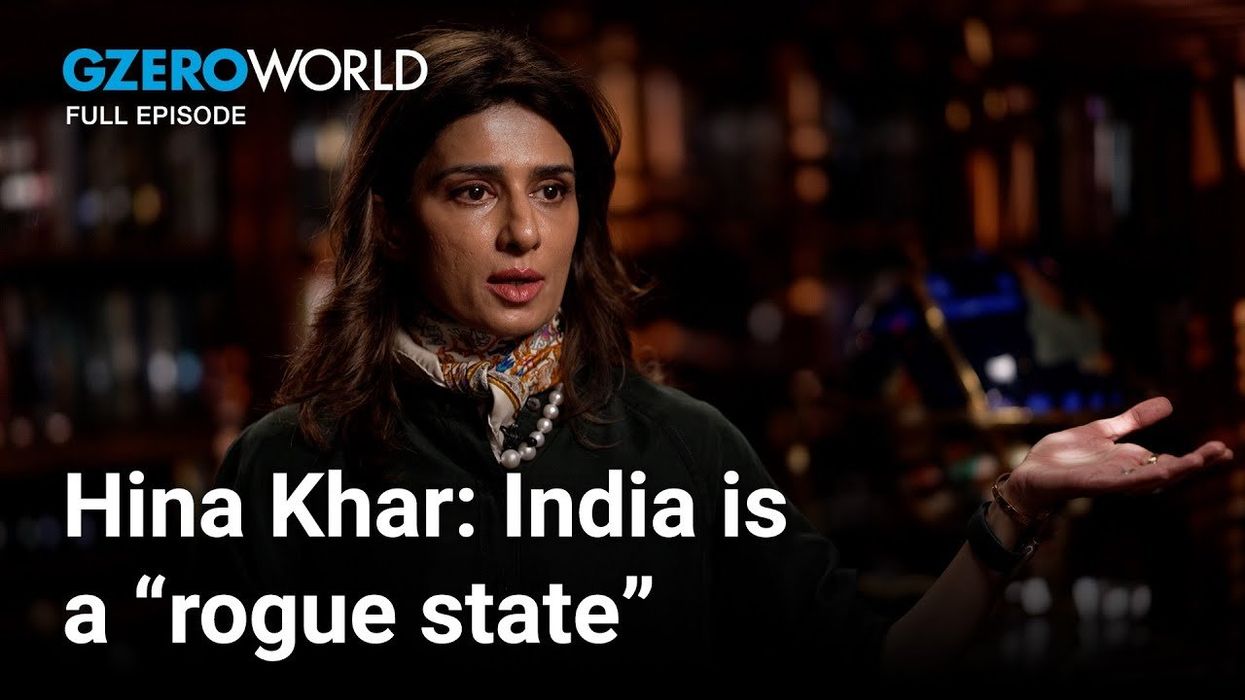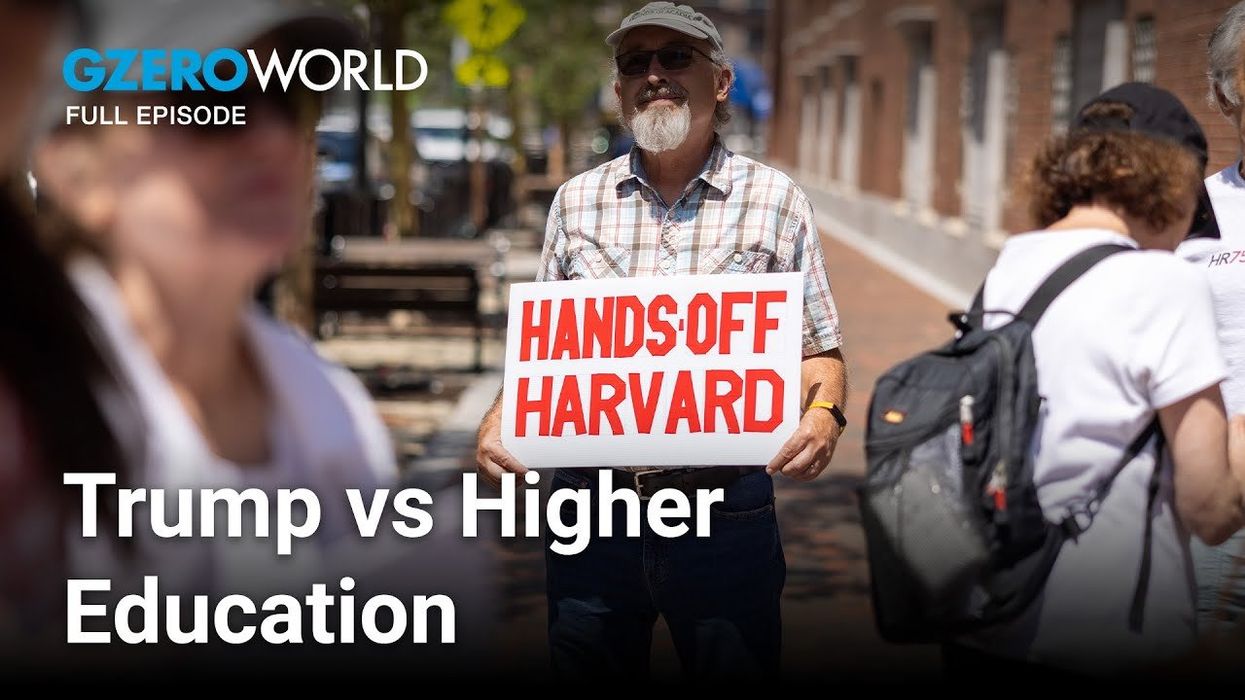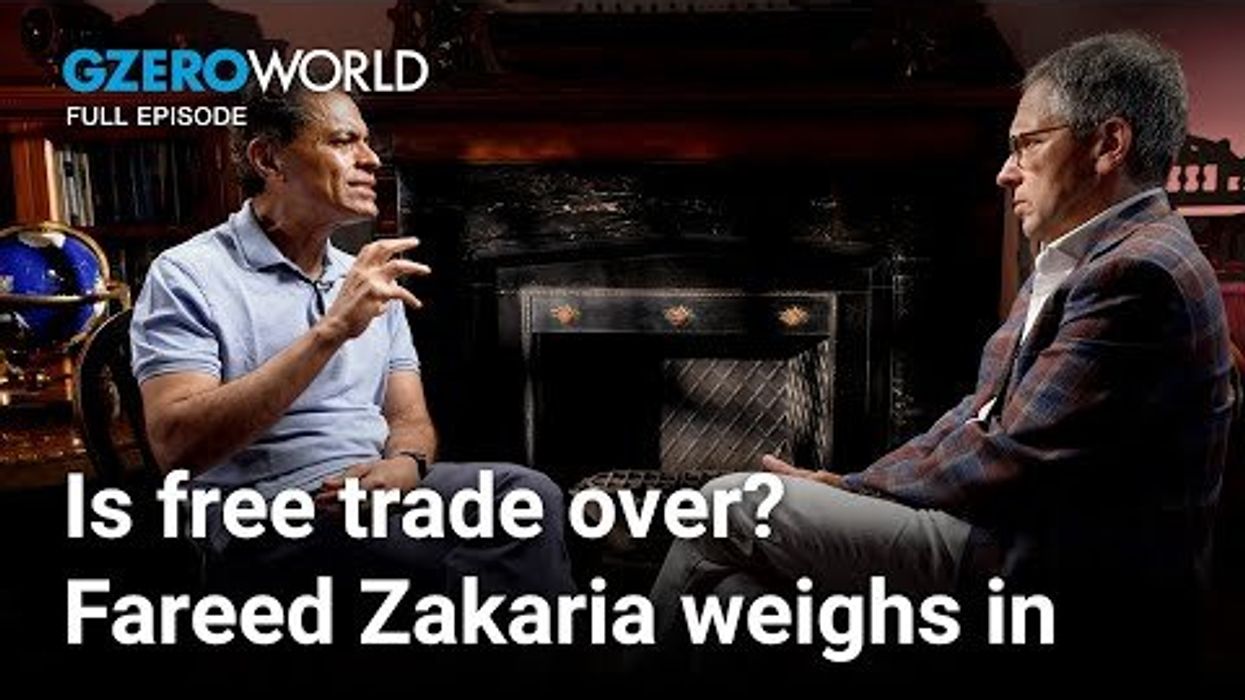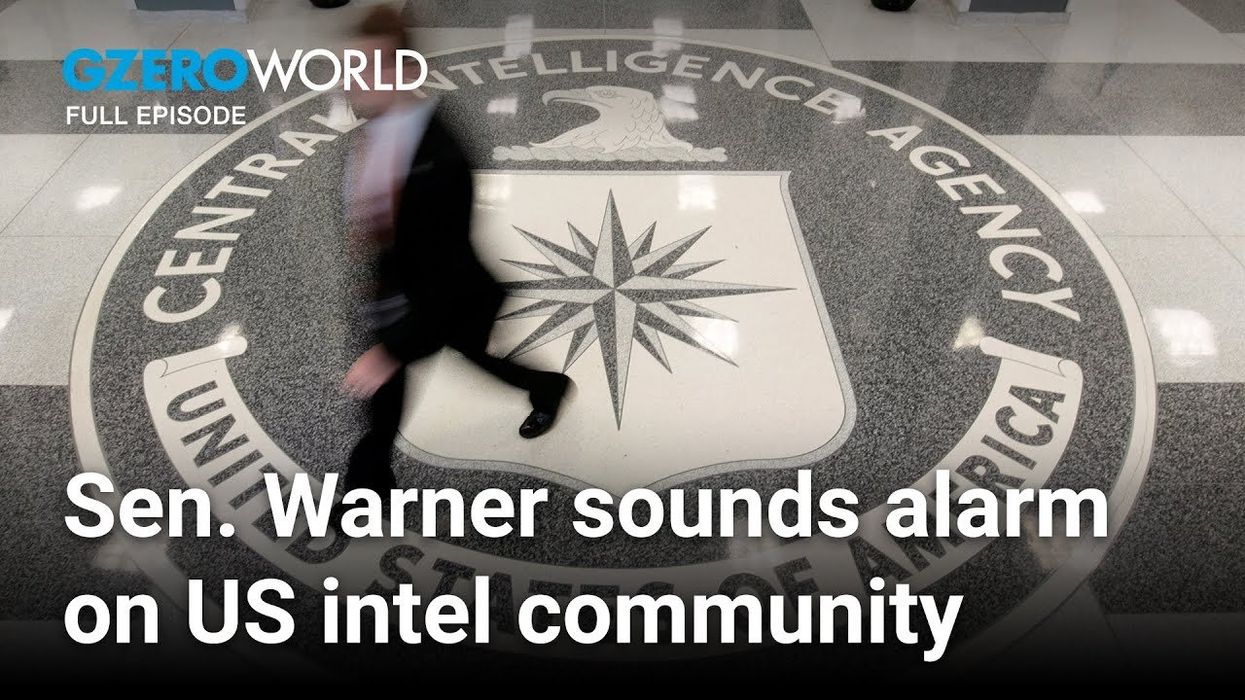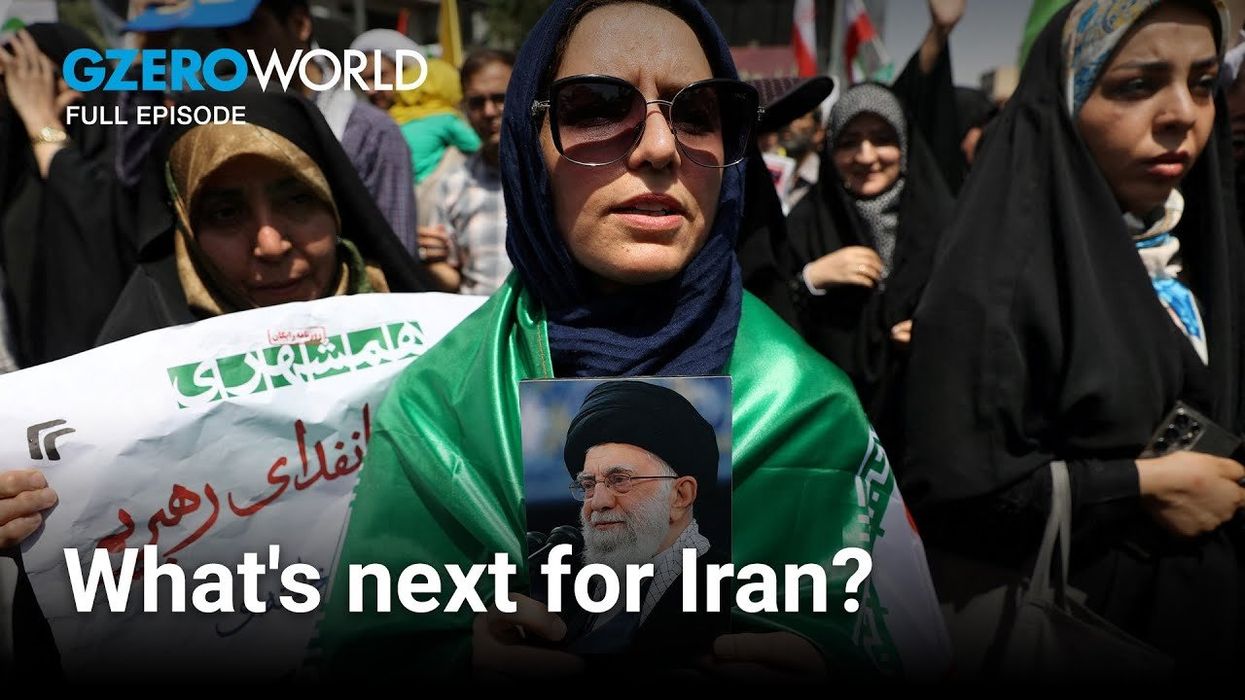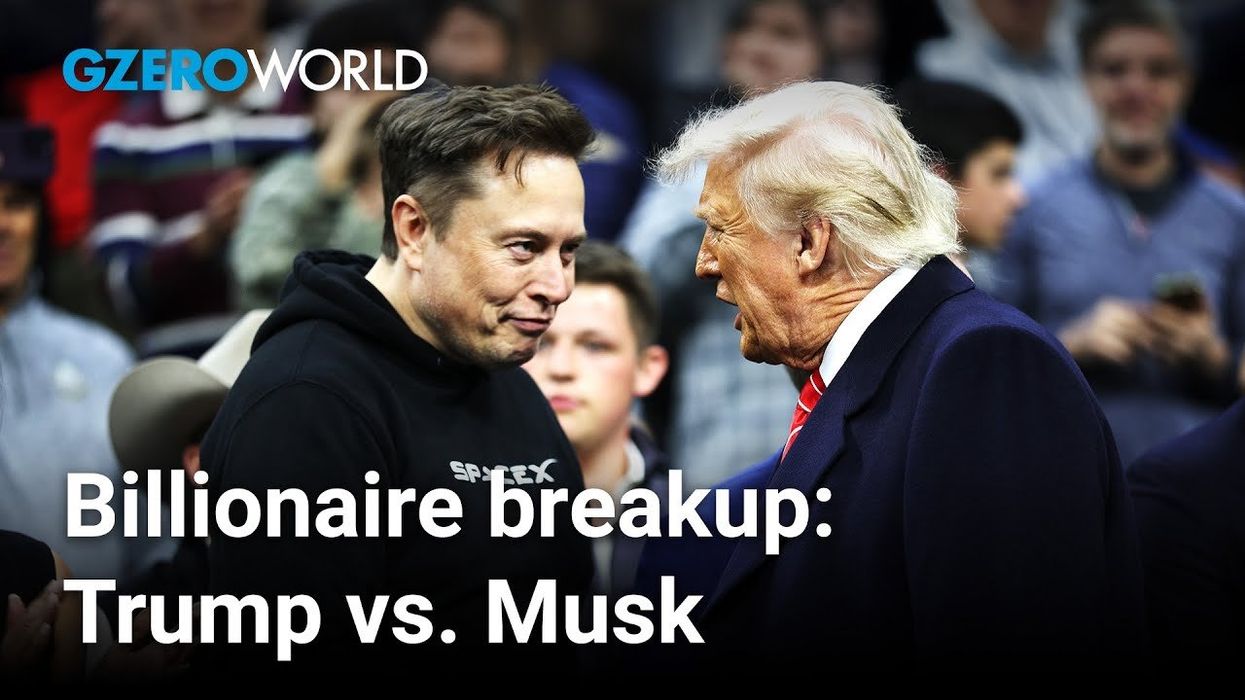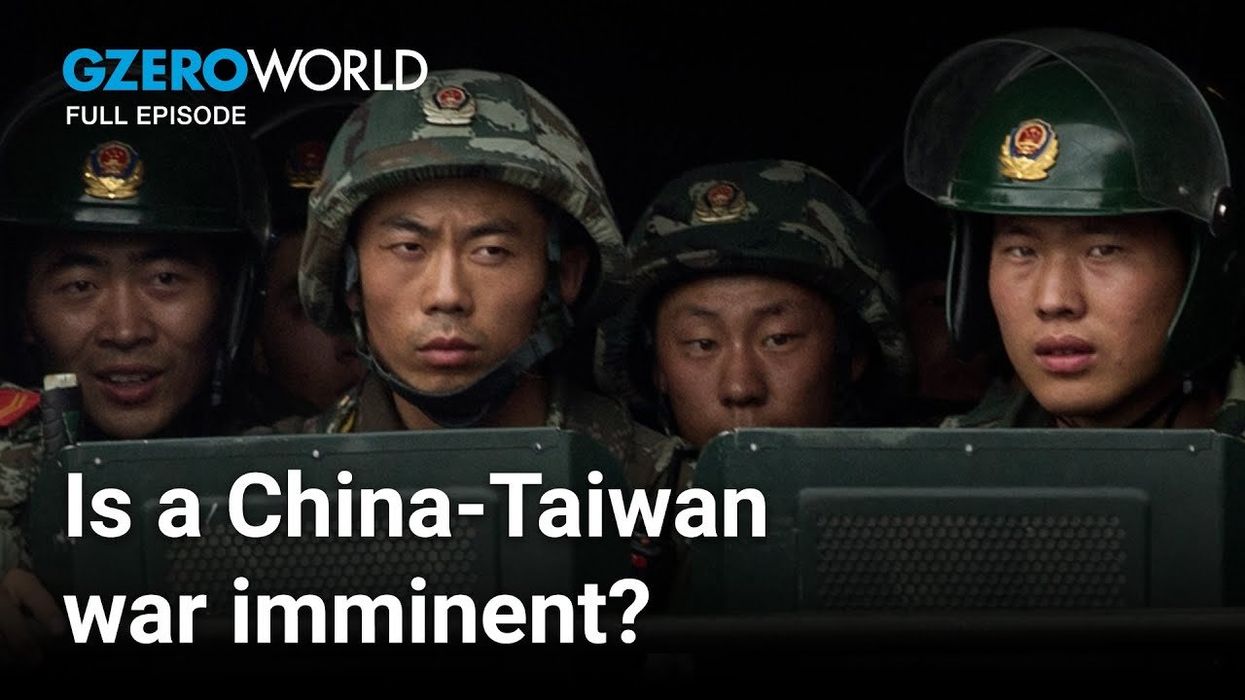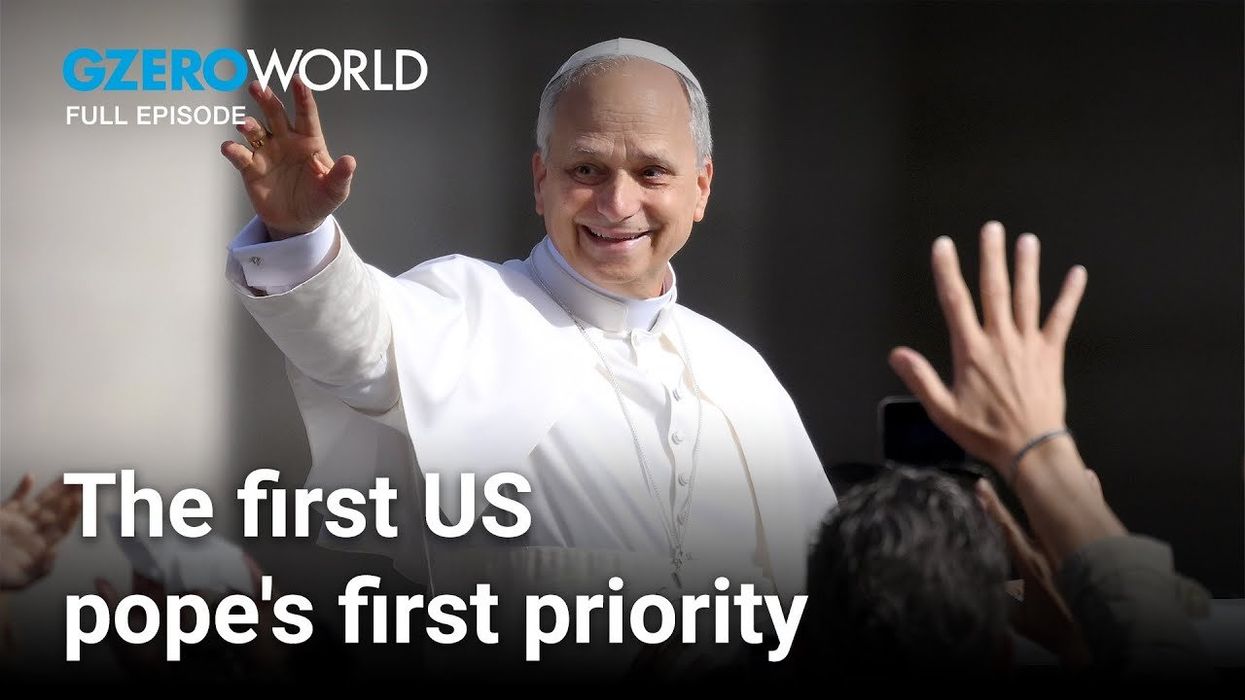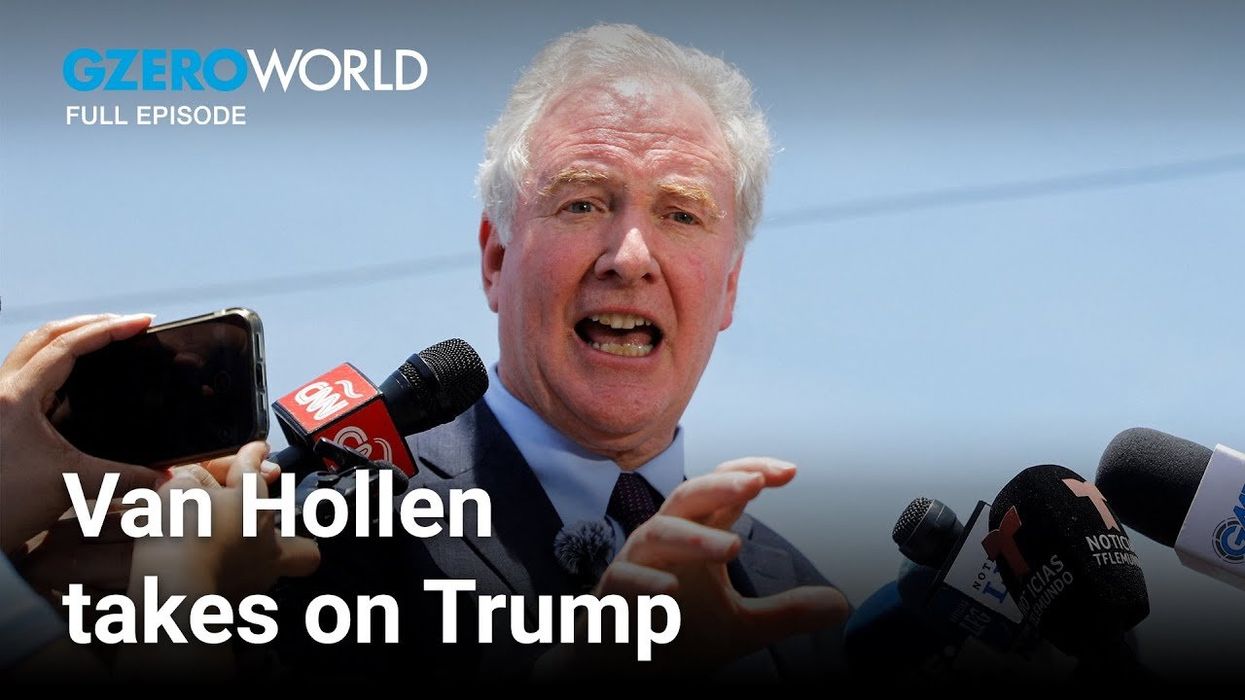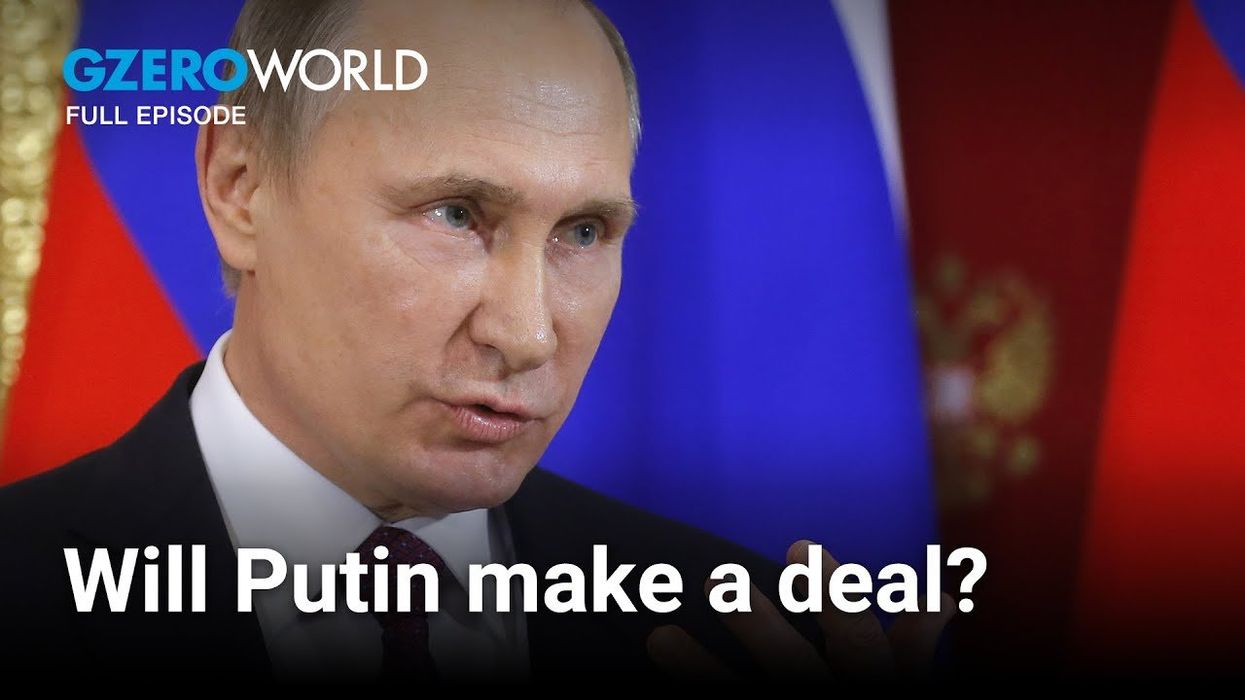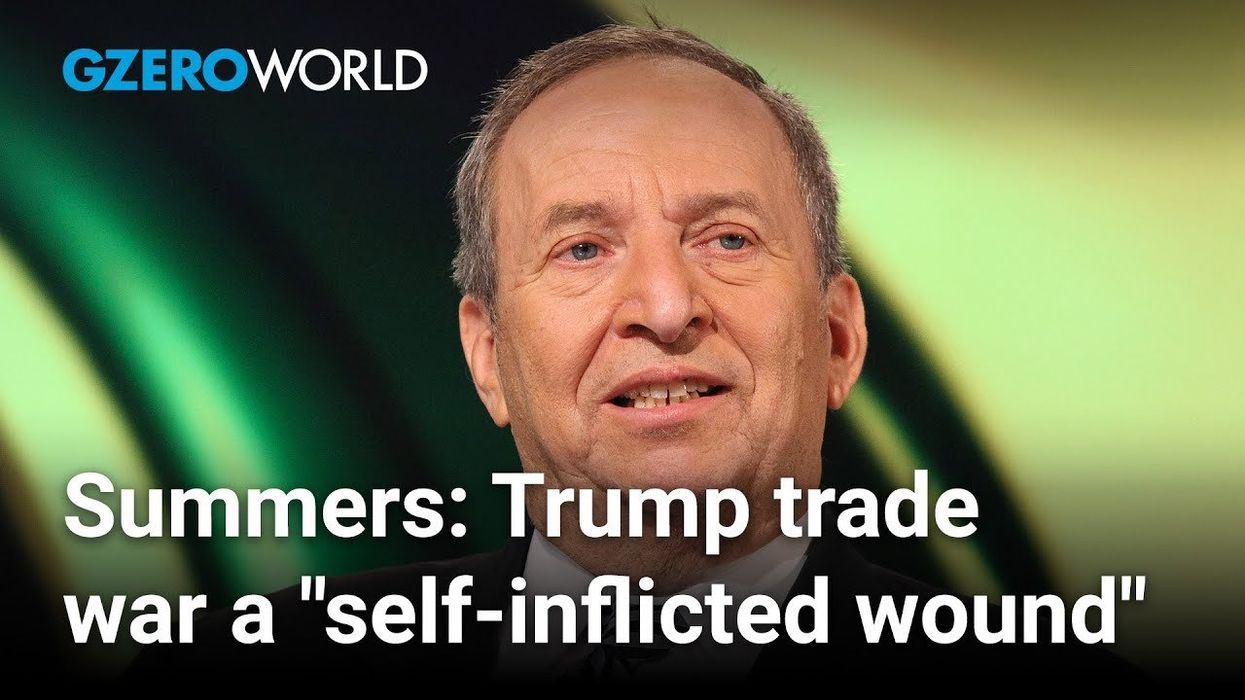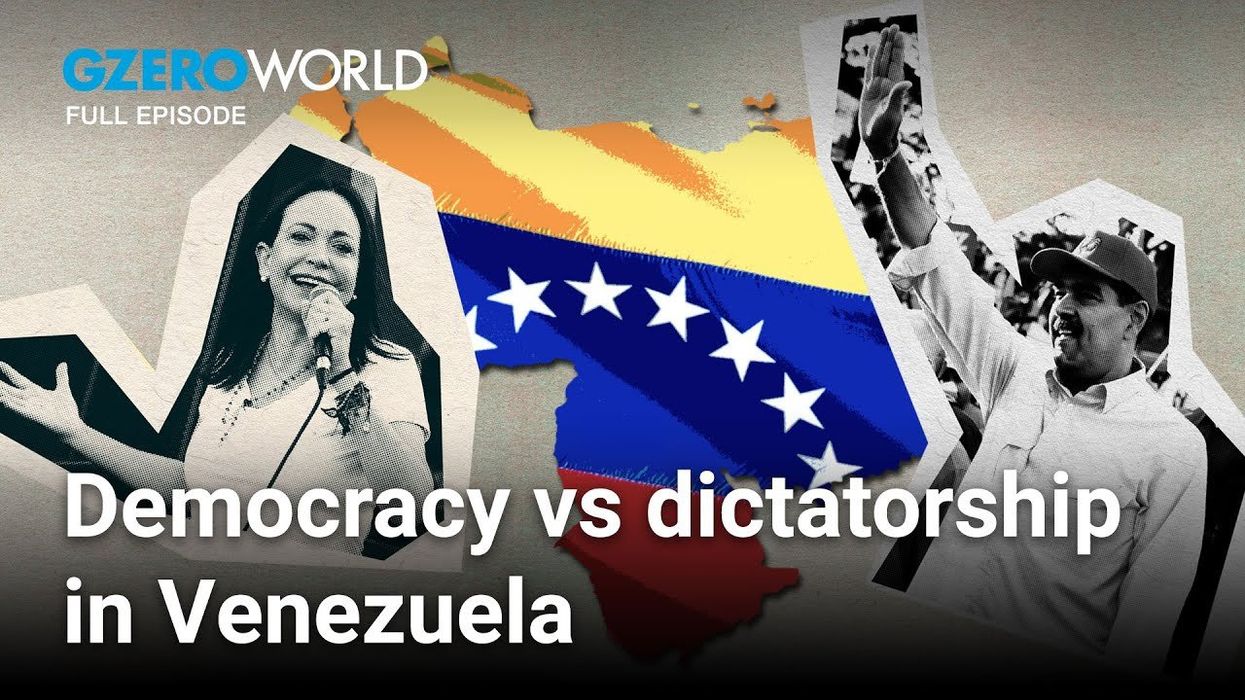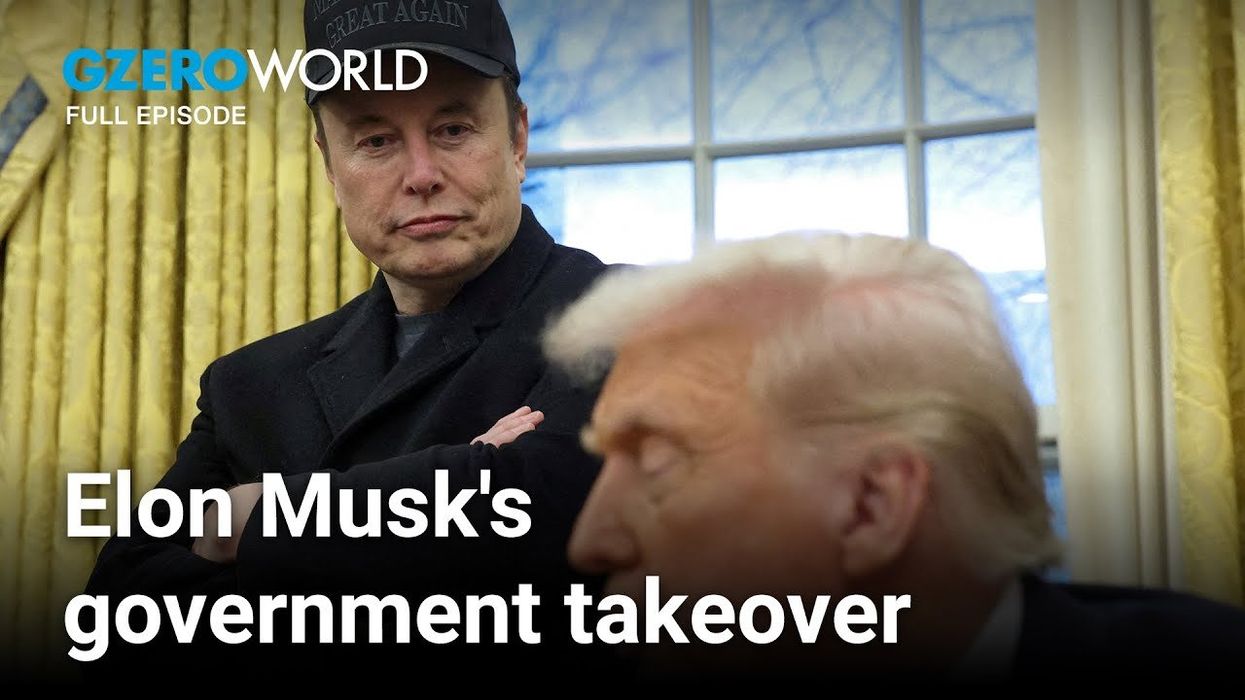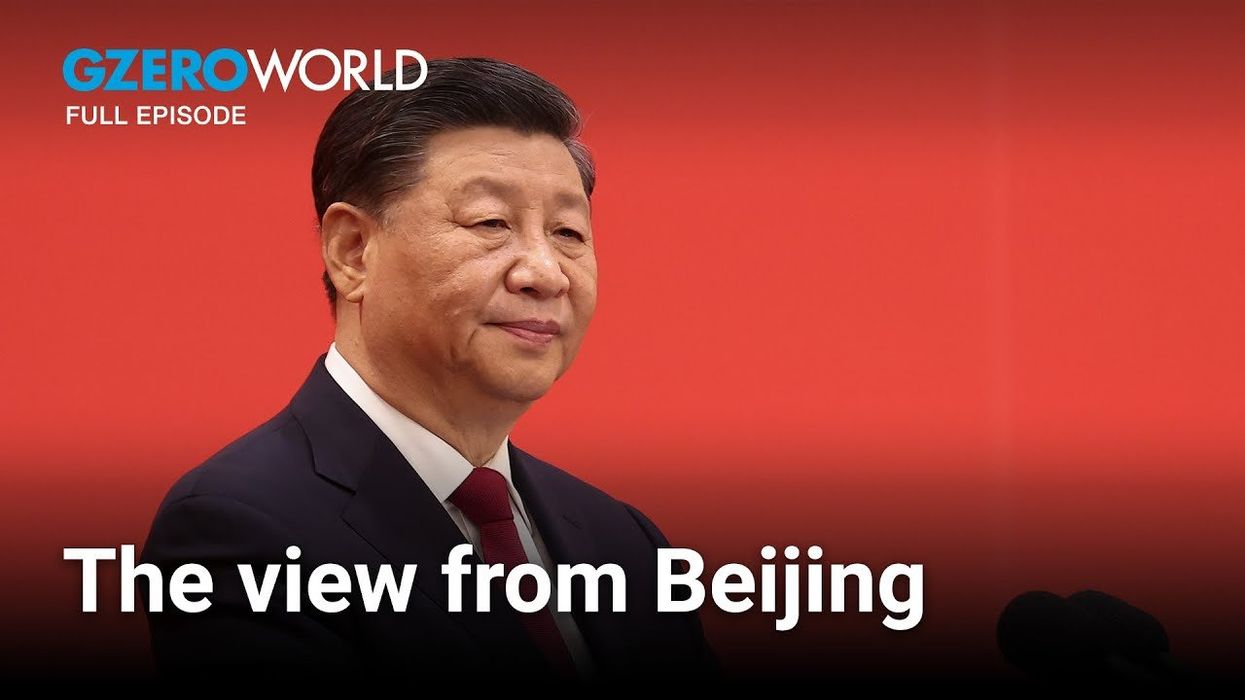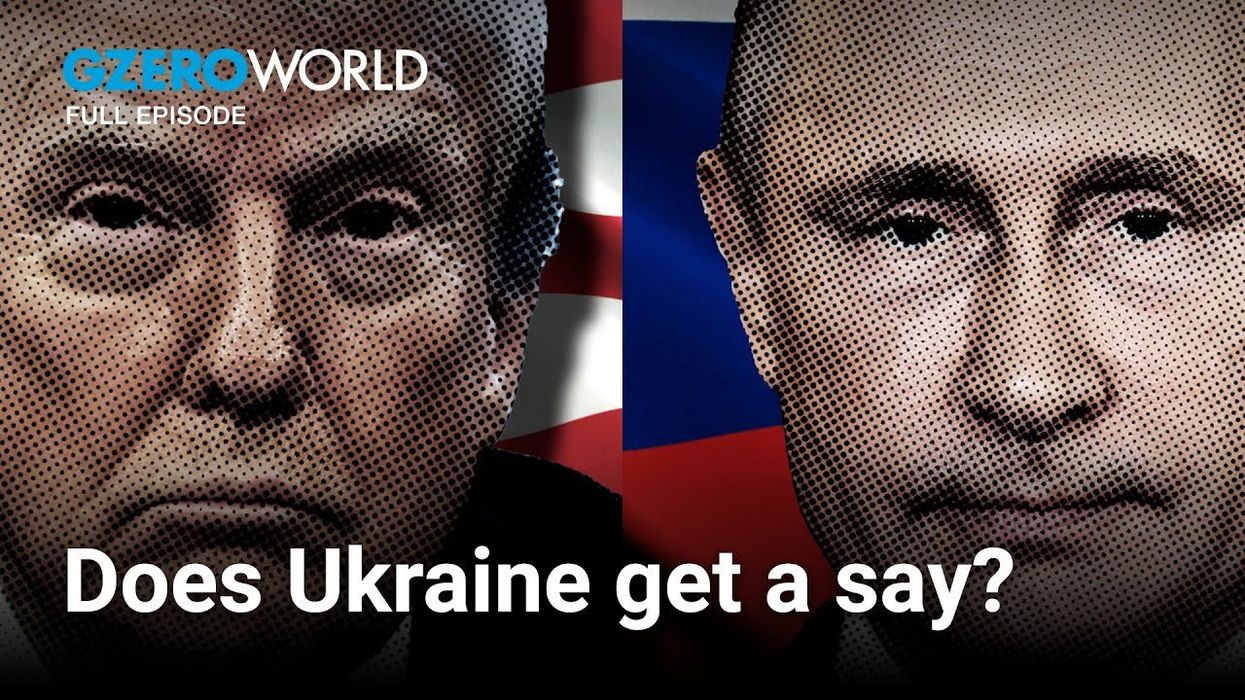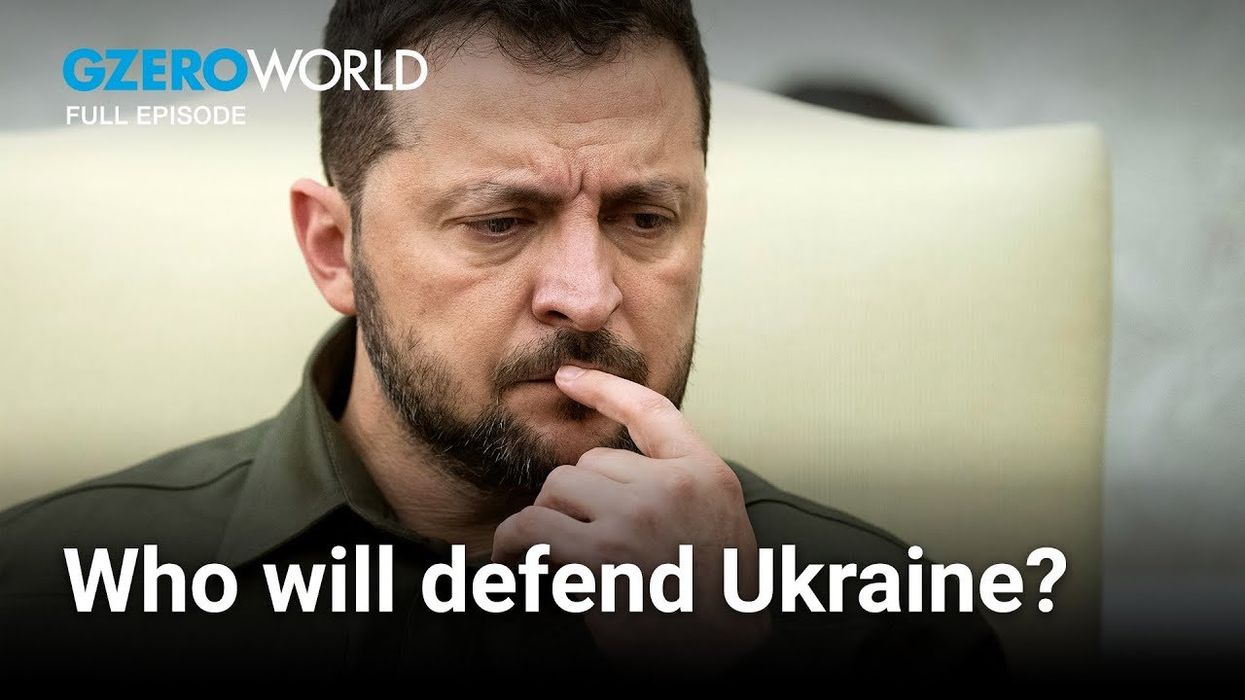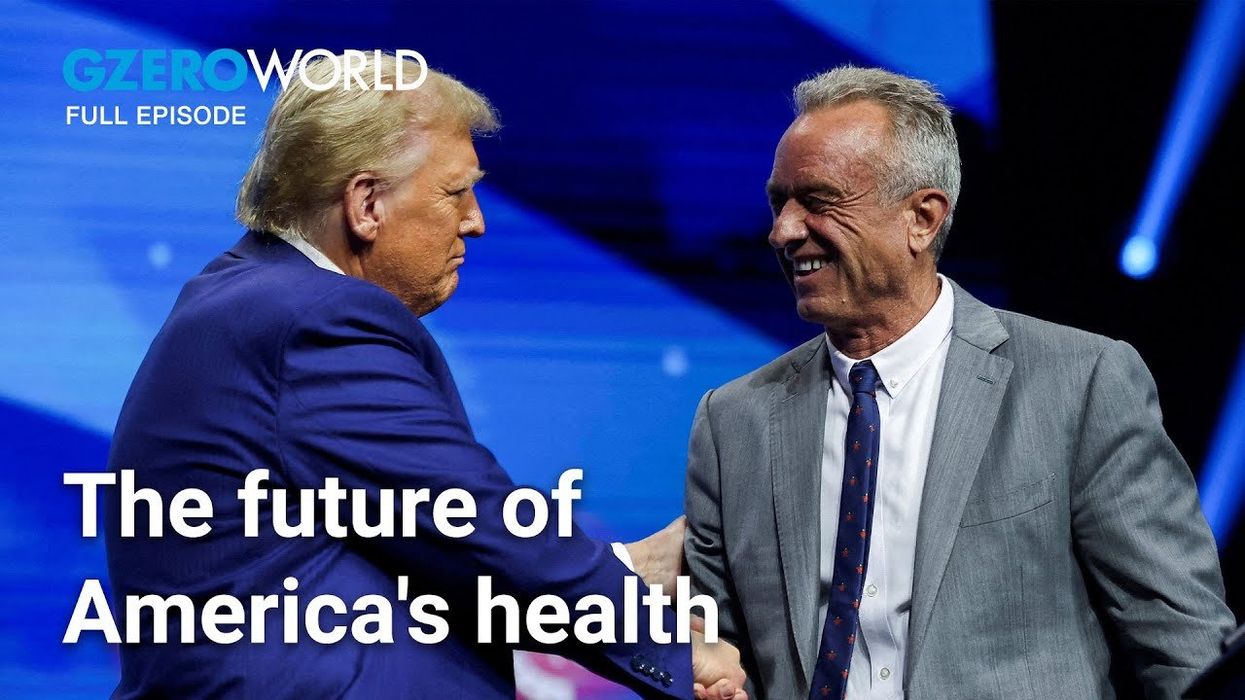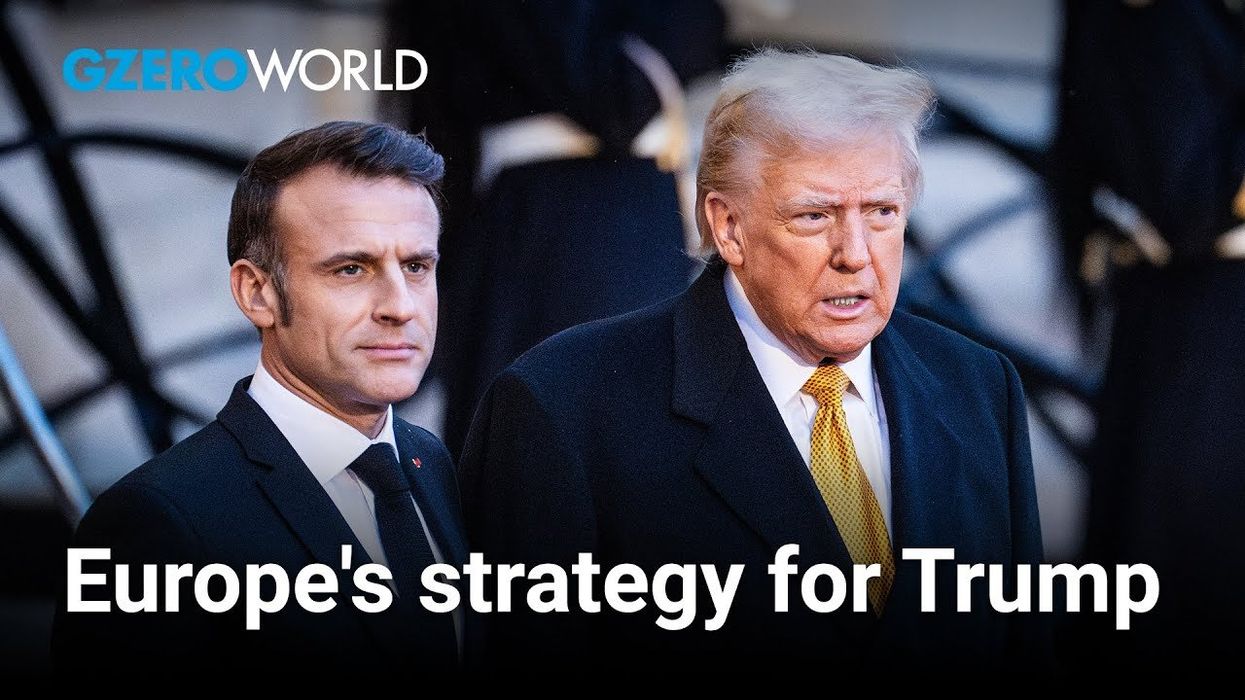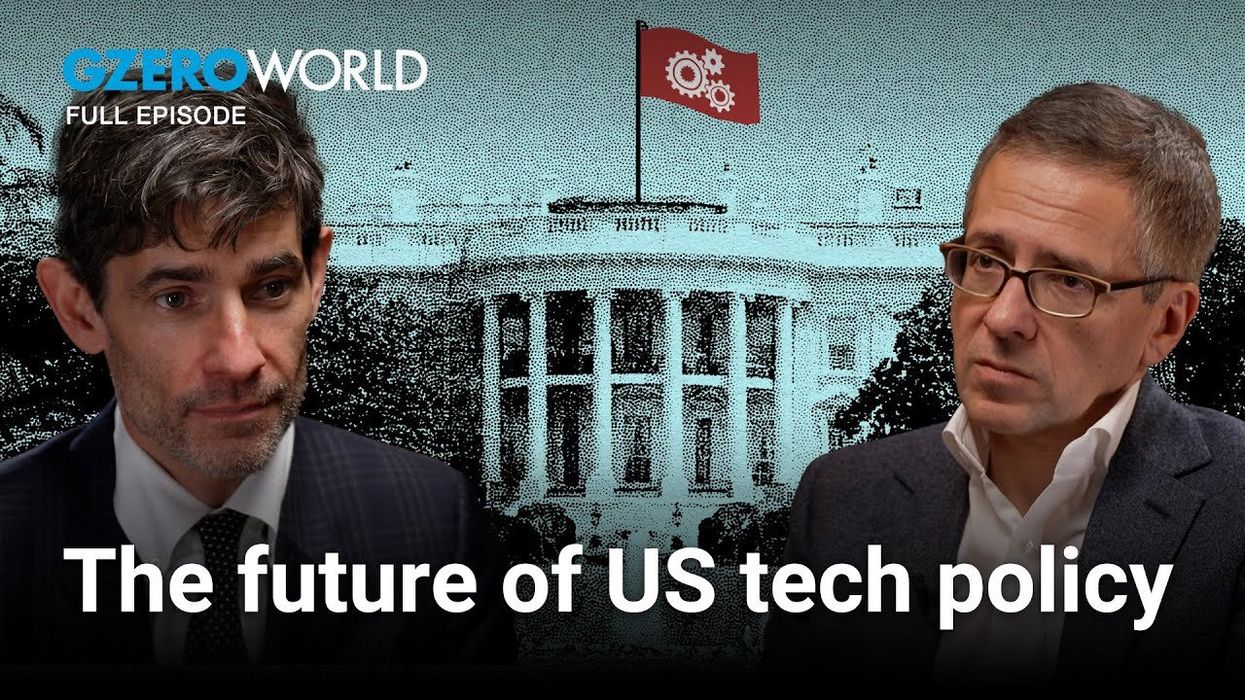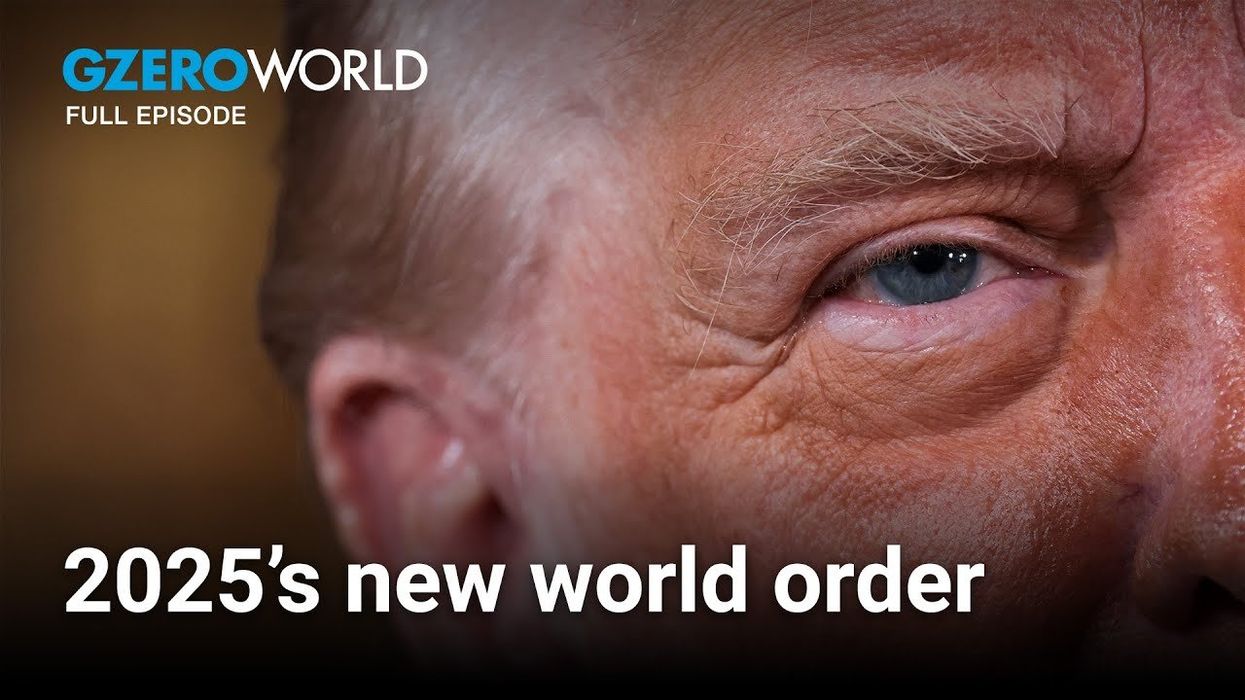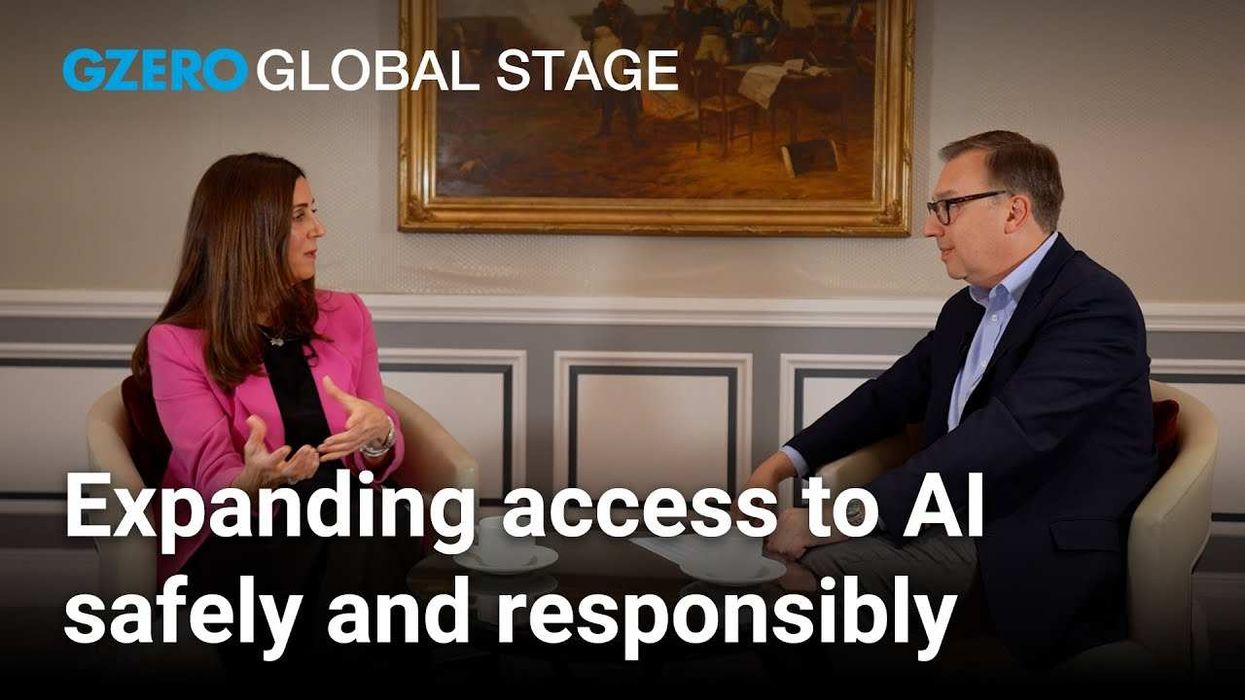VIDEOSGZERO World with Ian BremmerQuick TakePUPPET REGIMEIan ExplainsGZERO ReportsAsk IanGlobal Stage
Site Navigation
Search
Human content,
AI powered search.
Latest Stories
Start your day right!
Get latest updates and insights delivered to your inbox.
The pandemic's US death toll shows no signs of abating and the holiday season's spike will likely dwarf any surge that came before it. But in the midst of this dark winter there are glimmers of hope, as the first of the COVID-19 vaccines have nearly arrived (or, depending on when you read this, already have). On GZERO World, Ian Bremmer interviews Noubar Afeyan, the co-founder of a leading vaccine developer Moderna. They'll discuss distribution plans, the revolutionary science behind Moderna's vaccine, and how a company younger than Twitter became a frontrunner in the race to end the pandemic.
More from GZERO World with Ian Bremmer
India vs. Pakistan: Rising tensions in South Asia
August 16, 2025
As Trump pressures universities, what's really at stake?
August 10, 2025
Are Trump's tariffs the end of the free trade era?
August 02, 2025
Is the US Intelligence community at a breaking point?
July 21, 2025
The dangerous new nuclear arms race
July 14, 2025
President Trump takes on the Judiciary
June 14, 2025
What’s behind Trump & Musk’s public feud?
June 10, 2025
Could China invade Taiwan?
June 09, 2025
Can Pope Leo XIV heal the Church–and his own country?
June 02, 2025
Why Sen. Chris Van Hollen stood up to Trump
May 12, 2025
The battle for free speech in Donald Trump's America
May 05, 2025
50 years after the Vietnam War
April 28, 2025
Will Russia agree to a ceasefire in Ukraine?
April 14, 2025
The rise of Elon Musk's DOGE under Trump
March 31, 2025
Trump’s trade war: Who really wins?
March 24, 2025
China’s next move
March 17, 2025
The fight to decide Ukraine's fate
March 02, 2025
Defending Ukraine and Europe without the US
February 24, 2025
What if Palestinians want to leave Gaza?
February 18, 2025
Who gets to decide Gaza's future?
February 17, 2025
Trump's health agenda—from RFK Jr. to leaving WHO
February 07, 2025
Europe's new future with Trump 2.0
February 03, 2025
Big Tech under Trump 2.0
January 20, 2025
Francis Fukuyama on the new leaderless global order
January 13, 2025
About the Show
Every week on GZERO World with Ian Bremmer, Ian explains the key global stories of the moment, sits down for an in-depth conversation with the newsmakers and thought leaders shaping our world.
Watch GZERO World on US public television and on GZERO's YouTube channel. GZERO WORLD with Ian Bremmer is a local public television program presented by THIRTEEN PBS.
GZERO Series
GZERO Daily: our free newsletter about global politics
Keep up with what’s going on around the world - and why it matters.

